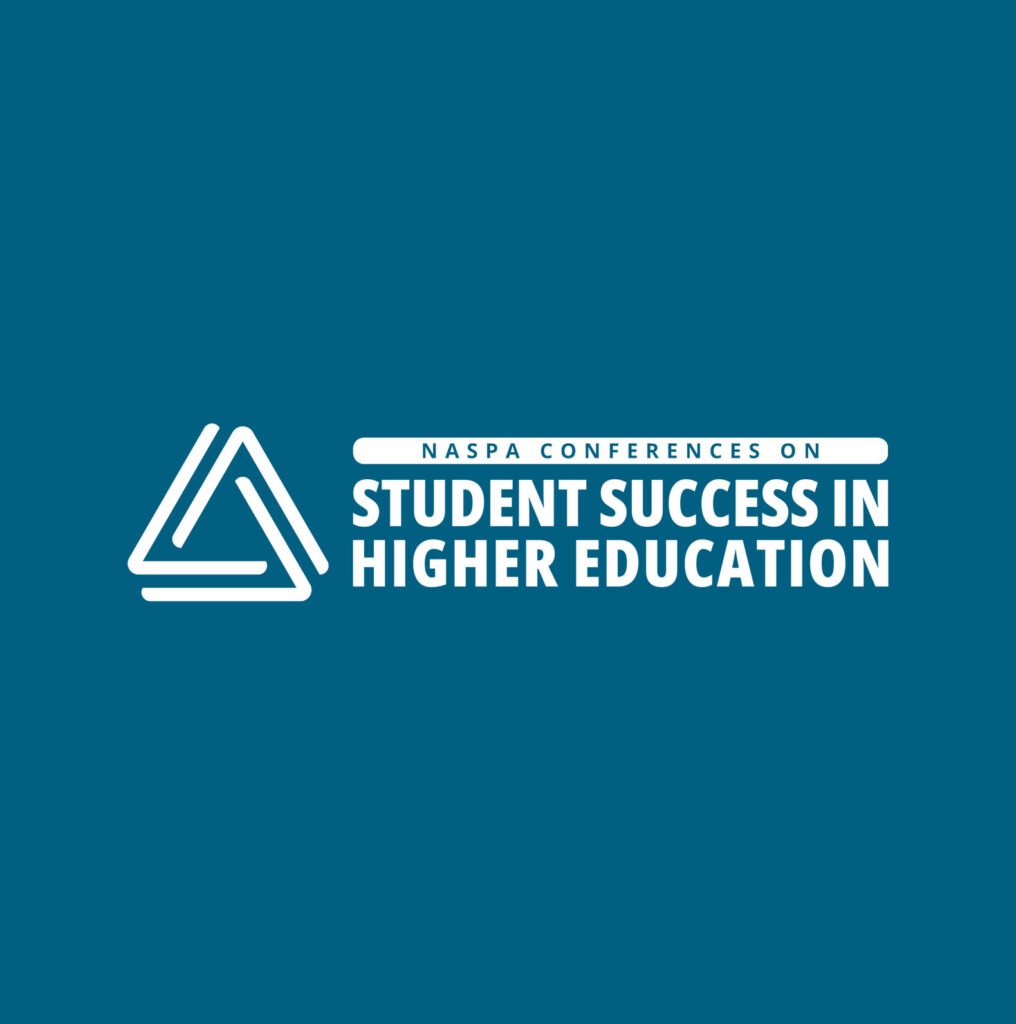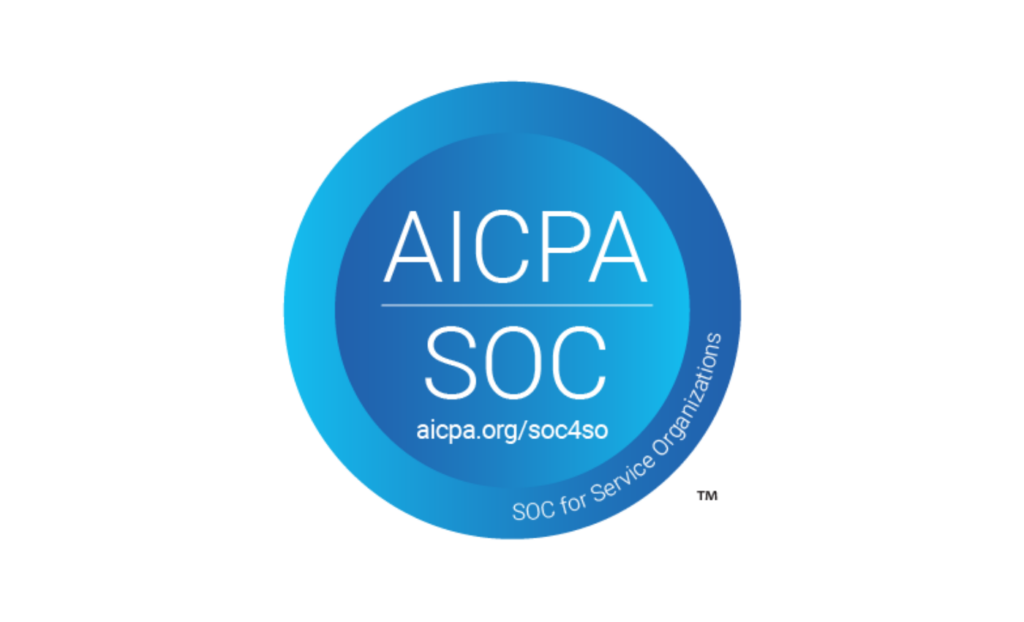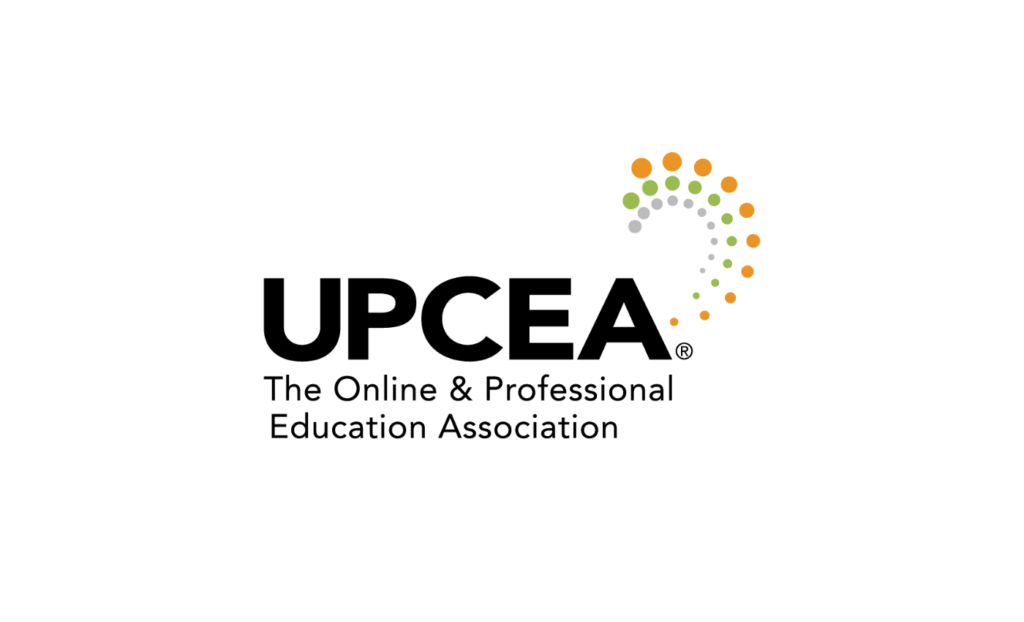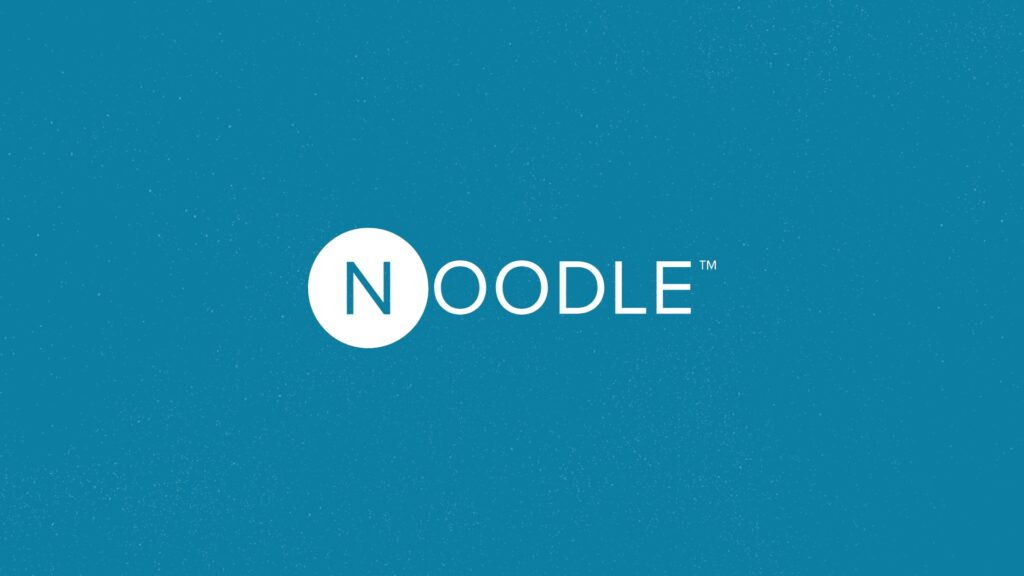NASPA SSHE 2025 | June 27–30 | Denver, CO
At the 2025 NASPA SSHE conference in Denver, a dynamic trio—Lauren Dukes, Managing Director, Student Support & Engagement at Noodle; Robyn Hammontree, former Senior Managing Director, Learning, Partnership Development at Noodle; and Kevin Tuohy, Assistant Director, Butler University’s College of Pharmacy and Health Sciences—shared how intentional faculty development and learner-centered design can serve as powerful drivers of equity, engagement, and student retention.
Framing the Conversation
The session opened with a key message: faculty are at the heart of student success. Through effective onboarding and thoughtful instructional design, their development directly influences student outcomes.
“We were excited to share what we’ve learned alongside Butler University and Noodle about how smart faculty development strategies can move the needle on equity and retention,” said Lauren Dukes, who began the session with an interactive poll asking how many attendees were currently involved in faculty development.
Why Faculty Development Mattered
The presenters grounded their message in research, citing data that showed up to a 15% boost in retention when faculty received meaningful professional development.
“We saw retention rates improve significantly when faculty were supported in rethinking their teaching practice,” noted Robyn Hammontree. “More importantly, it helped faculty reconnect with their purpose.”
Attendees explored how faculty development initiatives led to tangible outcomes across a range of institutions.
Reframing the Faculty Role
Drawing on the work of Astin, Chickering, and Tinto, the presenters emphasized that faculty are more than content experts—they are connectors.
“Faculty are the linchpins of student engagement,” said Kevin Tuohy. “Especially in online spaces, students thrive when instructors are equipped to foster connection and belonging.”
The panel discussed common barriers faculty face—such as the “curse of knowledge”—and how development programs helped bridge those gaps.
Practical Tools and Tangible Examples
One of the session’s highlights was a case study from Butler University, where a redesigned onboarding experience led to measurable gains in student engagement and satisfaction.
“Onboarding is one of the most powerful and overlooked equity tools we have,” said Hammontree. “When it’s intuitive, personalized, and human-centered, it sets the tone for success.”
Attendees viewed a before-and-after comparison of Butler’s orientation, illustrating how even small changes could have a large impact.
Sustaining the Work
The presenters closed with strategies for long-term success, including modular PD formats, cross-functional collaboration, and strong leadership buy-in.
“To make this work sustainable, it has to be woven into the culture—not dependent on a single champion,” said Dukes.
Some of the questions and feedback we heard included…
- How do we get our faculty on board to maximize student success? Several attendees noted the challenge of faculty autonomy and varying levels of buy-in. The panel discussed the importance of starting with a single engaged faculty member and leveraging their success to build momentum and peer advocacy across departments.
- How long does it take to develop something like this, and how often does it need to be updated? Attendees were curious about the time investment and sustainability of learning design work. The panel shared that while development timelines can vary, well-designed course shells and faculty support structures are largely evergreen—enabling scale and consistency—and are typically reviewed and refreshed each term based on feedback and outcomes.
Key Takeaway:
The session reinforced that investing in faculty development is one of the most direct ways to support student success—particularly for underserved learners navigating complex learning environments.
“When we design for faculty success, we’re ultimately designing for student success too,” concluded Tuohy.
Looking to learn more?
The presenters encouraged attendees to stay connected and continue the conversation about scalable, sustainable faculty support models.



